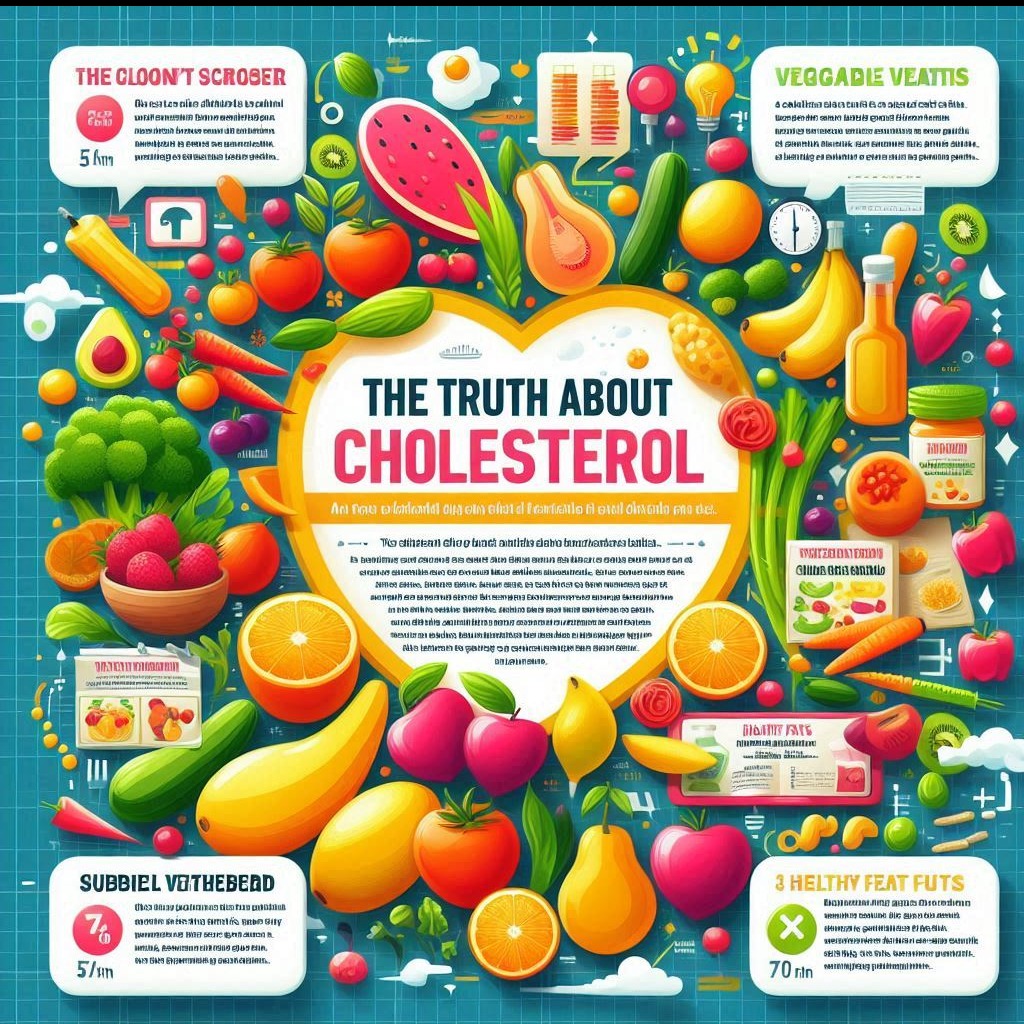
Understanding Cholesterol: The Good, the Bad, and the Over-Simplified
Cholesterol is a term that stirs up strong opinions, often leading to confusion. Diagnosing and discussing high cholesterol can feel personal for many, like Dr. Brad Weening and Dr. Paul Zazal shared in their insightful conversation. Contrary to what many believe, cholesterol is not inherently harmful—it's a critical component of our body's cells and vital for producing hormones and aiding digestion.
In What Everyone Gets Wrong About Cholesterol, the enlightening discussion sheds light on this often misunderstood subject. It’s crucial to know the full context of cholesterol and how it applies to heart health.
Why Cholesterol Is Essential for Our Bodies
Every cell in our body requires cholesterol to function. It helps form cell membranes, is needed for hormone production, and plays a crucial role in digestion. For instance, without cholesterol, the liver wouldn't produce bile, which is essential for processing food. However, discussions around cholesterol often miss that it’s not the cholesterol itself that’s the issue, but rather the lipoproteins that transport it in our blood—specifically low-density lipoprotein (LDL) and high-density lipoprotein (HDL).
Dismantling the 'Good' vs. 'Bad' Concept
Health care has long simplified cholesterol discussions into categories of good (HDL) and bad (LDL) cholesterol, creating a misguided narrative. While elevated cholesterol levels are linked to a higher risk of heart attacks and strokes, it's essential to consider other critical factors such as smoking, family history, and inflammation. High cholesterol doesn’t automatically equate to heart disease—it’s just one piece of a much larger puzzle.
The Debate Over Diet and Cholesterol Levels
There’s a common misconception that dietary cholesterol (found in foods) directly raises blood cholesterol levels. However, Dr. Zazal emphasizes that the type of fat—saturated or trans fats—consumed plays a more significant role in increasing cholesterol levels than dietary cholesterol itself. Foods high in saturated fats can trigger the liver to produce more cholesterol, exacerbating the problem. This underlines the importance of looking beyond the cholesterol content on food labels and focusing on the overall dietary profile.
Exploring the Complexity of Cholesterol Management
Ultimately, managing cholesterol is complex and not an absolute science. While a range of studies has shown both elevated and low cholesterol levels can influence health outcomes, the nuances can be lost in oversimplified media narratives. It’s essential for individuals, especially those considered at-risk, to engage in meaningful conversations with healthcare professionals regarding their cholesterol and overall heart health.
Taking Action on Your Cholesterol Knowledge
The key takeaway? Understand your body and tailor your lifestyle choices accordingly. Being proactive about your health and having knowledgeable discussions with healthcare providers can empower you to make informed decisions. Don’t let myths and oversimplifications dictate your health journey—instead, focus on holistic lifestyle changes that combine diet, exercise, and regular check-ups to maintain ideal cholesterol levels.
In What Everyone Gets Wrong About Cholesterol, the enlightening discussion sheds light on this often misunderstood subject. It’s crucial to know the full context of cholesterol and how it applies to heart health. By staying informed, you can navigate the complexities and make better health decisions for yourself and your loved ones.
 Add Row
Add Row  Add
Add 




 Add Row
Add Row  Add
Add 

Write A Comment